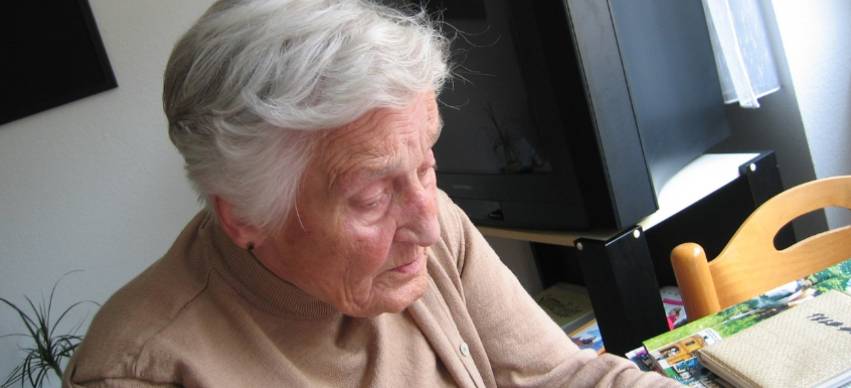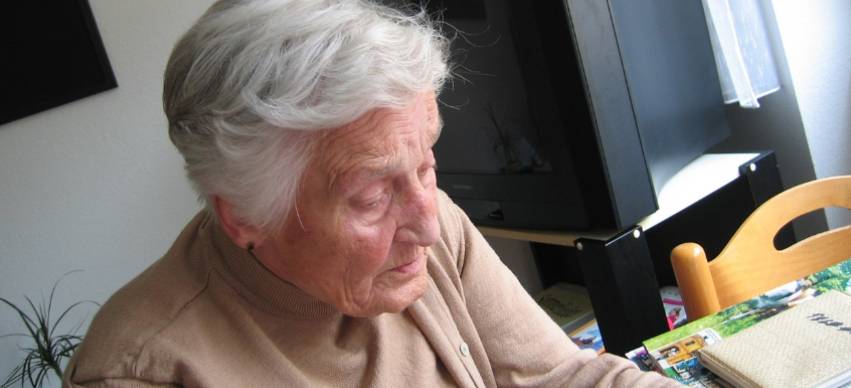Microplastics in Humans: Understanding the Risks and How to ..
8 Min Read


Despite an official Alzheimer’s diagnosis providing answers, it doesn’t take away the anxiety and preoccupation around what’s to come next. This condition primarily affects memory, and it gets worse over the course of time. Therefore, it is necessary to arrange a dedicated care routine for your loved one which should account for the present and the future. Read on to find out about some great ways you can support your loved one in post-diagnosis life.
If you learn about what to expect, you will feel more mentally prepared for the future. Alzheimer’s is a vast, complex array of symptoms and afflictions and it affects everything from cognitive ability to physical mobility as well. Gaining insight into how your loved one will change will help you support them better and not be taken by surprise if the condition progresses suddenly or a big transformation takes place.
Although Alzheimer’s disease does impair judgment further down the line, there is no reason at all to remove your loved one from the discussion around their care needs and future. A diagnosis typically comes after a relative notices changes that are unusual and are impeding safety during a normal day, for instance, your parent had a confusion episode and became lost or they left the oven switched on. However, it is not until the late stage of Alzheimer’s that this person will not be morally able to make decisions about their care. Keep them in the loop and hear their thoughts as well, though ultimately what happens next is a joint decision at this point.
It is typical for Alzheimer’s patients to move into care facilities as the disease progresses. This is because it becomes impossible for them to live safely on their own, and the caring responsibilities become too big for a child or other relative to reasonably fit into their pre-existing life. It is a full-time role, and the mental toll is heavy. Accommodation options, therefore, will need to be thought out and considered too. There are wonderful assisted living facilities that specialize in Alzheimer's memory care in Burbank, and these are often the best option to ensure a loved one is looked after both properly and carefully.
It is important with memory conditions that the person suffering has strong ties to their past and present. This is where family members and friends can really step up by dedicating some time out their week or day to spend time with or chat to them. The brain, when supported with stimulation, can do wonderful things, and while it will not be possible to stop the spread of the disease, it will certainly be a strong way to support them in the day to day.
Supporting a loved one through an Alzheimer’s diagnosis is difficult but necessary. You will find comfort in each other on the bad days, and these connections are important to nurture regardless of whether memory plays a role or not. Learn about what they could need, and most of all, be as present as possible.